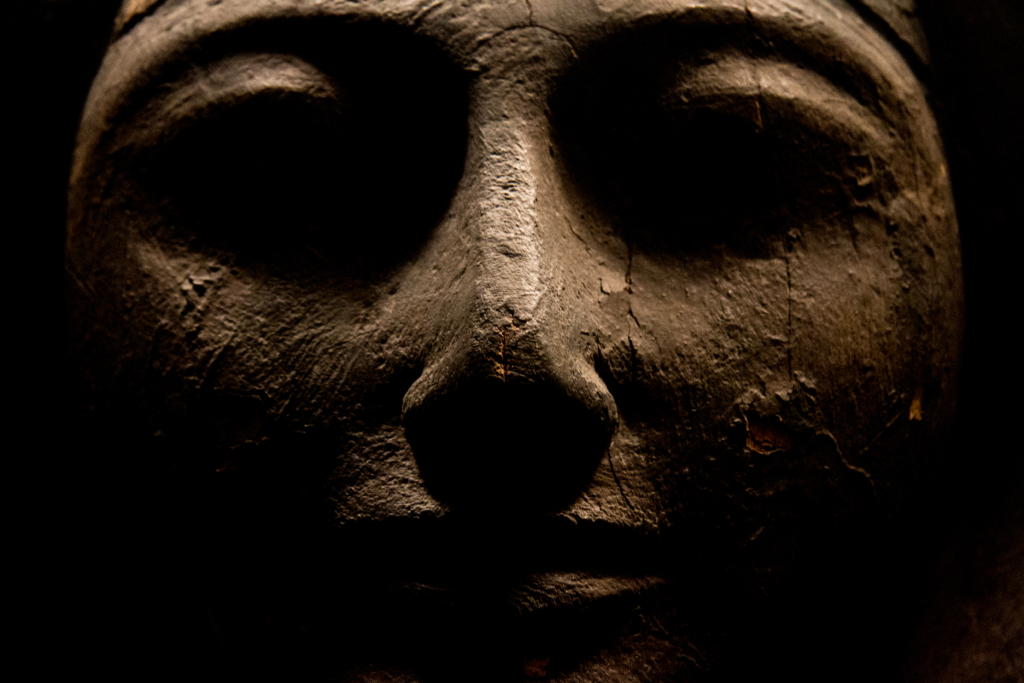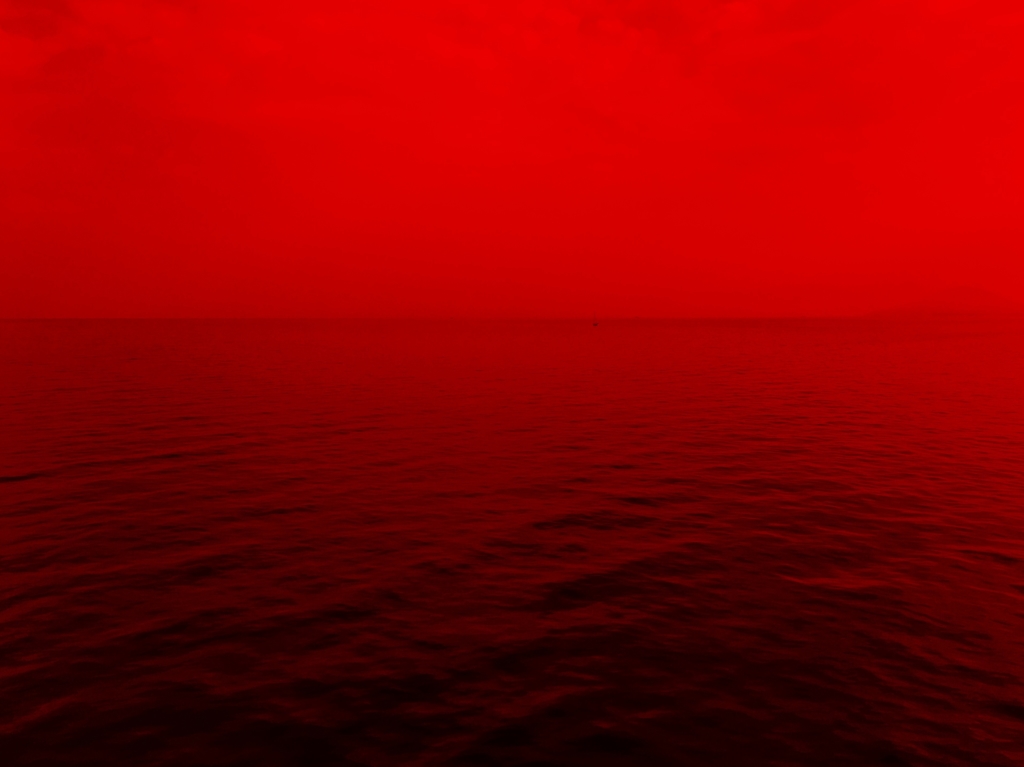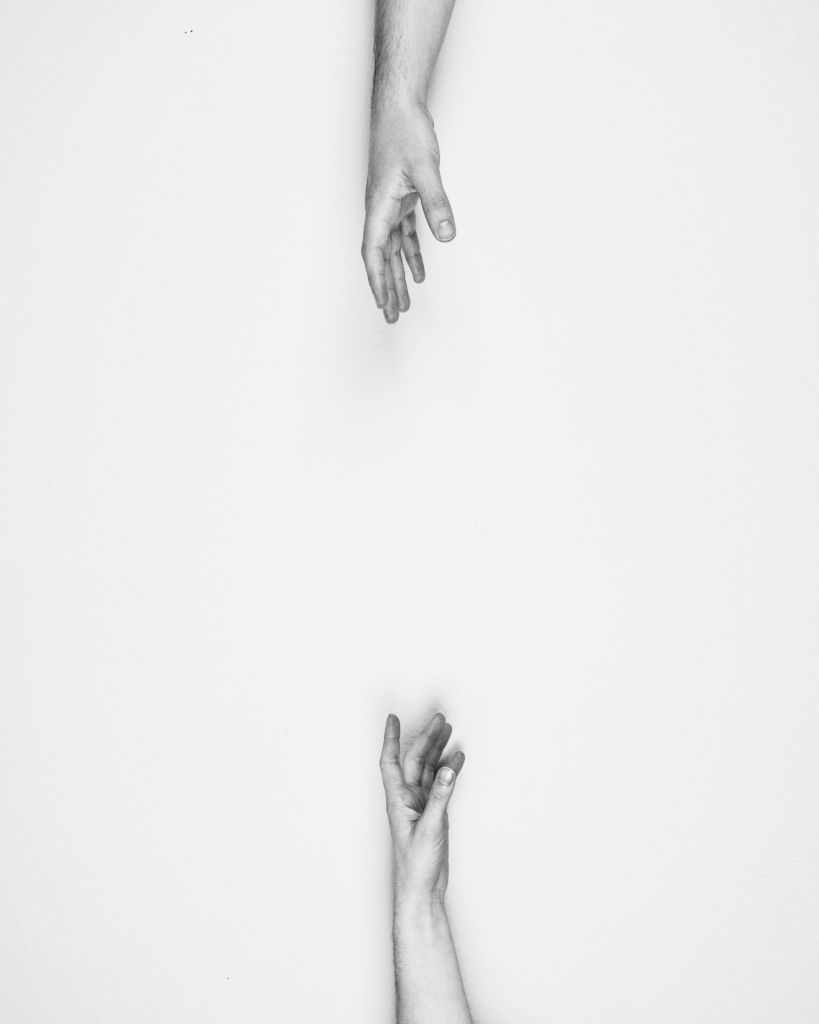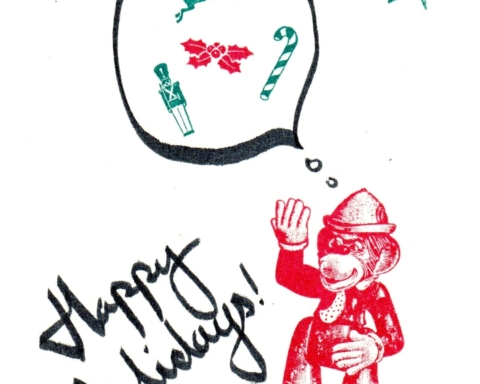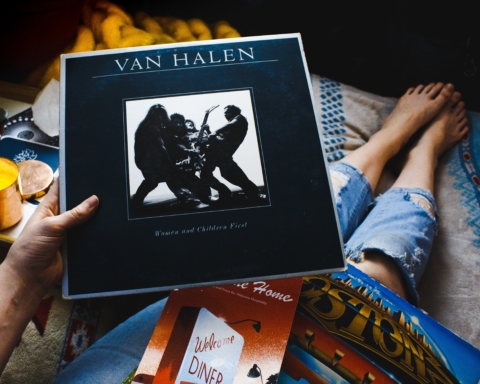Starting in the 1850s, America
was running short on rags.
That’s the sort of fact I like:
cool and weird.
This was a boom time for reading—
newspapers, sure, but books too—
and what the paper mills needed
to meet that demand
was more rags:
18 thousand tons’ worth every year.
We used the rags to make pulp,
we imported those rags from Europe,
so if trade dried up or fell
short or whatever,
good luck.
But we did have good luck,
and that luck
was all about mummies.
Egypt was building its railroads then,
which is hard to do on sand.
They had to dig down
to find a solid foundation, and their shovels
kept coming up with mummies.
Cool and weird.
The Ancient Egyptians had mummified everything:
farmers, builders,
parents, babies,
even cats . . . probably crocodiles . . .
miles and miles of mummies
lining the tracks,
all of them wrapped up in what?
In rags.
And the leftover bodies
were a useful source of carbon;
they could use them to power
their new locomotives; no coal
piled high by the furnace,
just a stack of mummies in the engine room.
You could read a book of poems—
say, Leaves of Grass—
printed out on mummy paper
while riding the rails
across a sunset desert, mummy smoke
pluming out behind.
Or maybe that’s too creepy,
I don’t know.
I didn’t invent it, so I can’t take the credit
or the blame.
I just thought you might like some facts about mummies,
seeing as it’s almost Halloween.
Rob Carney is the author of five books of poems, most recently The Book of Sharks (Black Lawrence Press, July 2018) and 88 Maps (Lost Horse Press, 2015), which was named a finalist for the Washington State Book Award. In 2014 he received the Robinson Jeffers/Tor House Foundation Award for Poetry. His work has appeared in Columbia Journal, Poets Reading the News, and many others, and he writes a regularly featured series called “Old Roads, New Stories” for Terrain: A Journal of the Built + Natural Environments. He writes in Salt Lake City.
Image by Andrew Moore.

